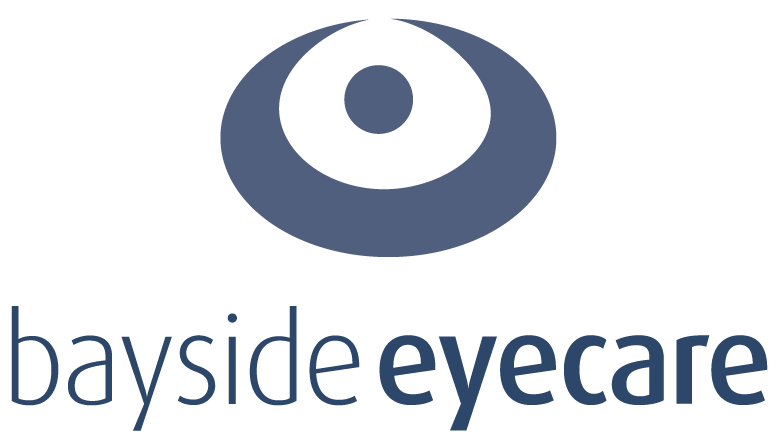The Importance of Regular Eye Examinations for Children
Visual demands alter as children progress through different ages and stages. The visual requirements of a baby and preschooler are different from a school-aged child, who is learning to read and write. As students progress through their studies, the volume of time on screens and near based tasks increases. Older teenagers may elect to learn to drive a car and so clear distance vision becomes relevant.
Key Milestones for Children’s Eye Tests
Regular eye examinations are important to make sure a child’s visual skills are developing appropriately. Subtle changes in vision, focusing skills and eye teaming skills can go unnoticed and are only identified during routine eye exams. Naturally, if there is a family history of significant vision problems, turned eye or lazy eye or genetic eye disease, it is recommended that a child have an eye examination as soon as possible.
Eye Tests at Age 3
If there are no concerns regarding a vision or eye health problem, a child should present for their first eye examination at age 3. Parents are often concerned that a 3-year-old will not perform well in an eye exam as they don’t know their numbers or letters and many young children don’t sit still and concentrate for periods of time. Kids eye tests are heaps of fun and are tailored for different ages and stages. An experienced practitioner knows how to modify an eye exam to keep even the busiest three years old engaged.
Eye Tests Before Starting School
An eye examination before learning to read and write will ensure your child has every opportunity to visually engage in classroom activities. This should be repeated in grade two or three once a child progresses to the smaller font found in chapter books. At this stage, a child’s visual system needs to step up to cope with the increased visual demands of the smaller fonts. It is not uncommon for children to experience subtle visual issues at this phase in their learning.
Eye Tests During Primary and Secondary School
Secondary school presents new challenges for the visual system of a young learner. Classroom learning moves on to the computer as children are required to use e-textbooks and upload homework for teachers to mark. This increase in screen use can fatigue and stress a developing visual system especially if hyperopia (longsightedness) or a binocular vision dysfunction is present. An eye examination before starting secondary school and repeated prior to VCE is a sensible decision for every child. Of course, if you think your child is having any vision problems, or you have concerns regarding your child’s eye health, it is wise to have the issue assessed when the problem is first detected.
When to have your child’s eyes examined
- Age 3
- Before starting school
- Grade 2-3
- Before starting secondary school
- Before starting VCE
Book Your Kid’s Eye Test
t Bayside Eyecare we provide a stress-free eye tests for children. Visit the kid’s eye test page to find out more, or speak to our friendly team on (03) 9909 5329 or book an appointment online today.

 (03) 9596 1238
(03) 9596 1238


